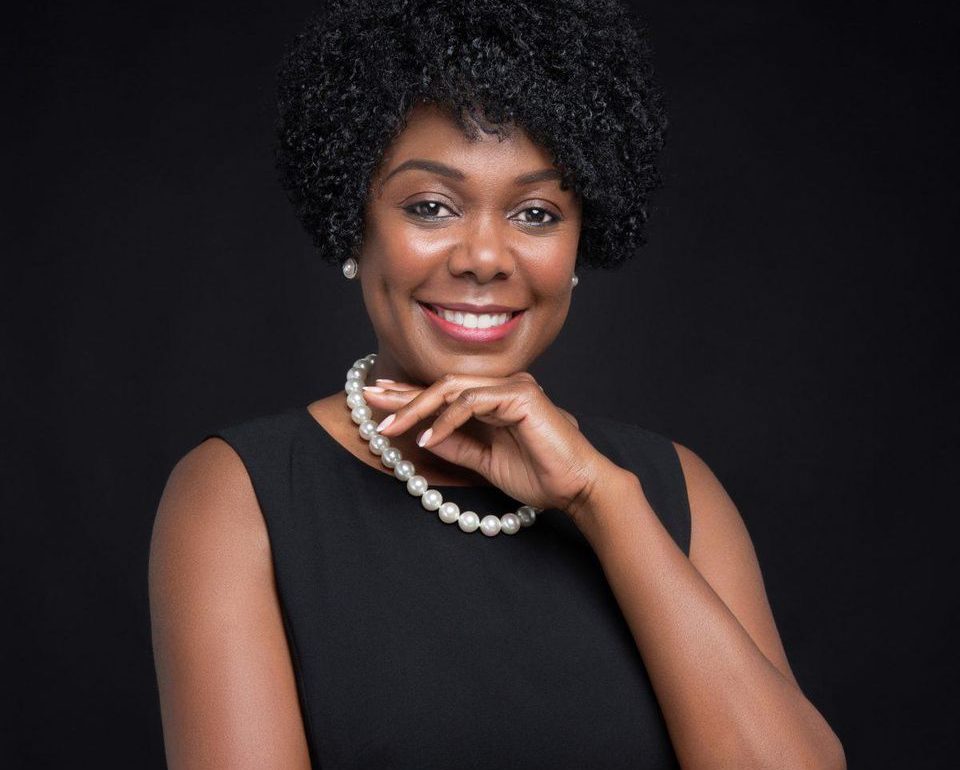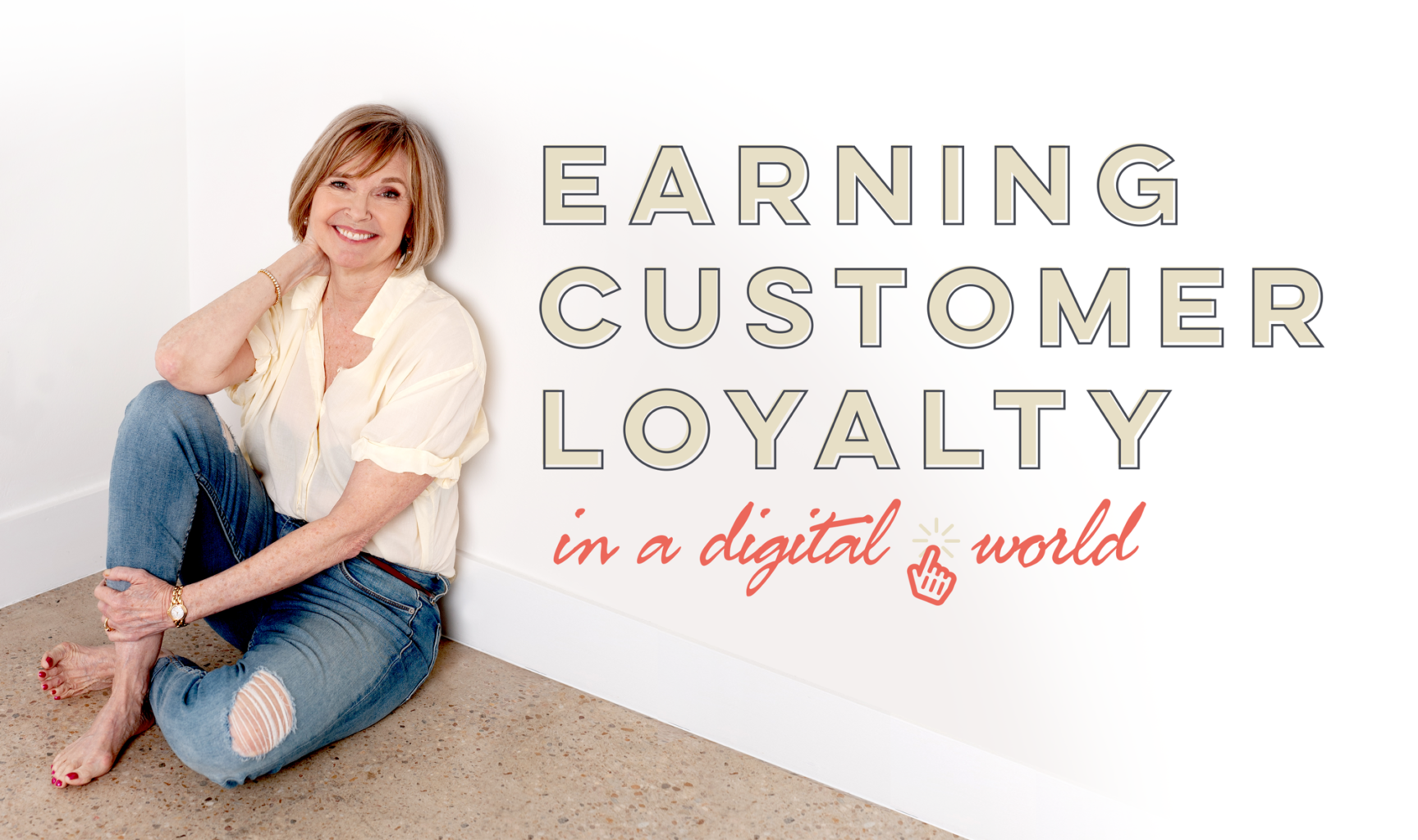
Embracing The Unfamiliar: Lenovo Chief Diversity Officer Yolanda Conyers
## Over the past few weeks I have had the privilege of interviewing a Who’s Who of great women leaders. Each one has had a different story to tell, but all had this one thing in common: They faced adversity in their lives and they won.
I have that in common with each of these women. I’ve learned firsthand that trouble comes to all of us at one time or another. It’s not always smooth sailing. When faced with difficult circumstances we all have only two choices, really. One is to play the victim card and just give up. A lot of people do that. They blame others for what they haven’t accomplished.
Others, though, like these remarkable leaders take the opposite approach. They actually use their adversity as a springboard to great accomplishments and a great life.
Lenovo Chief Diversity Officer Yolanda Conyers has chosen the latter. As you’ll see in this brief interview, hard work and not fearing the unfamiliar played a significant role in her rise.
**Jill Griffin: **Tell us a little bit about your childhood and upbringing.
**Yolanda Conyers:** I grew up in the very small town of Port Arthur, TX. As the youngest of seven children, I learned to find my own voice and my own platform from a young age. My father was a seaman who traveled around the world on merchant ships and he brought a lot of lessons home with him from his experiences, namely to embrace the unfamiliar. So early on I started seeking out leadership roles in my high school, running for vice-president of Student Council – it wasn’t an easy or comfortable aspiration; I grew up in an all-African-American neighborhood, and during my elementary school years, attended an all-African-American school. However, during both middle and high school years, I was bused to attend a predominantly white school. I’ve carried that lesson from my father with me throughout my entire life and it’s really helped me in my career as far as being able to serve as a leader in a company with many different walks of life and being able to help facilitate collaboration across many different cultures and viewpoints.
**Griffin: **You’ve had a lot of “firsts.” Please describe them.
**Conyers:** I was the first in my family to receive an undergraduate and Master’s degree – I received a B.S. in Computer Science and went on a step further for a Masters in International Business. Career-wise, I went on to be the first African-American female engineer hired at Dell in the early 90s. From there I moved my way up in to the executive ranks at Dell. At my present role within Lenovo, I was the first African-American Vice President hired at the company, and am serving as the first Chief Diversity Officer for a company of Chinese heritage. I have mixed emotions about being the first – it saddens me that in the 21st century, African-Americans, women, and other minority groups are still considered ‘firsts’ in these positions. While I’m grateful for what I’ve achieved, what most people don’t realize about being ‘the first’ is that being a trailblazer comes with a lot of pressure to live up to higher expectations than the majority. You have to manage unconscious biases daily.
**Griffin: **What motivated your interest and investment in STEM?
**Conyers:** I had a great mentor and teacher in high school – Mr. Lee, my math teacher – who recognized my aptitude for math and encouraged me to pursue further education in math & science by taking “Intro to Computer Science.” It really helped form a foundation of problem-solving and analytical thinking skills. I pursued a B.S. in Computer Science at Lamar University and joined the National Society of Black Engineers and it opened a lot of doors for me in the corporate world – even helping me land an internship with Texas Instruments (TI) that evolved into a full-time role. From there, I’ve spent my entire professional career working for high-profile, high-tech companies like Dell and, now, Lenovo.
**Griffin: **Why is STEM not attracting more women and minorities?
**Conyers:** For starters, the female role models in STEM are few and far between – it can be very difficult to see oneself in a particular field when there aren’t a lot of trailblazers to inspire that kind of goal. There can be a certain degree of loneliness being one of the few in your field – I experienced this myself in college, and to some degree, my professional career. It can be very isolating at times, but I tried to view it as an opportunity to follow my father’s advice to “embrace the unfamiliar” and use it as a chance to stand out and be a positive role model for the younger generation.
**Griffin: **What has helped you rise in the corporate world?
**Conyers:** I’ve gained a lot of knowledge and experience through welcoming challenges with open arms – when I moved from Port Arthur to Austin for a Texas Instruments internship, I had to put myself in an uncomfortable position of moving to a city of nearly a half-million citizens.
I recall so vividly the conversation I had with my Mother to tell her that I had been offered three semesters of internship with Texas Instruments in Austin, Texas.
At the time I was living at home and commuting to school every day to attend Lamar University in Beaumont, TX. This internship opportunity would have me move to Austin for three alternating semesters, during my four years of college. All my expenses would be paid and I would receive good pay during the duration of my employment. (This concept was so foreign to my family and almost unbelievable to all of us.) This would also require me to get an apartment and live in a big city, at least 4.5 hours away from home.
My mother said she needed to discuss it with my father. I also had her speak with the HR leader from TI, Pam Henry, (we are best friends today after all these years), about the opportunity. It was after that conversation and a discussion with my father that she said yes! Looking back, this was a big move for me and my parents – they supported this opportunity and encouraged me to do it. Their trust meant the world to me and gave me the confidence to go all in!
And again at Lenovo, I faced a similar challenge when I was given the opportunity to relocate to Beijing, China for three years – which was more than 30 times the size of Austin, with Mandarin as the primary language. It was a huge leap, but it led me to opportunities I wouldn’t have had otherwise. Relationships are also an integral part of career success – they’re critical for getting work done efficiently. When you broaden your network, you build up your knowledge base and your resources. It’s extremely important that you build trust and credibility with your colleagues, key stakeholders and others within the company who have power and influence.
**Griffin: **Any advice for young people who may be reading this who are trying to get their footing in a new career?
**Conyers:** I think back to my internship. I was 19 years old, working with experienced professionals. I was so green or inexperienced and I didn’t understand the corporate world and associated politics.
I am so grateful to my early mentors who took me under their wings. I asked questions and was very open to their coaching and feedback.
So, [my advice is to ask questions to learn, seek mentors, and accept coaching and feedback.](https://twitter.com/intent/tweet?url=http%3A%2F%2Fwww.forbes.com%2Fsites%2Fjillgriffin%2F2018%2F07%2F24%2Fembracing-the-unfamiliar-lenovo-chief-diversity-officer-yolanda-conyers%2F&text=My%20advice%20is%20to%20ask%20questions%20to%20learn%2C%20seek%20mentors%2C%20and%20accept%20coaching%20and%20feedback.)



